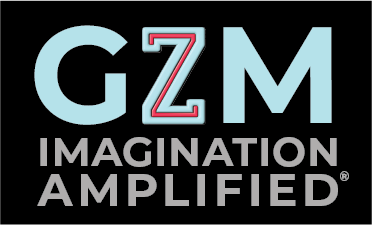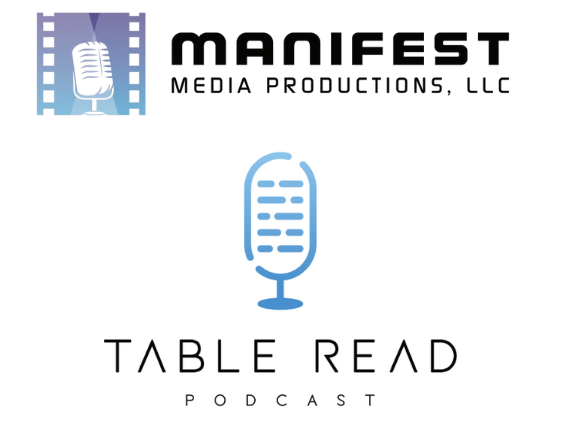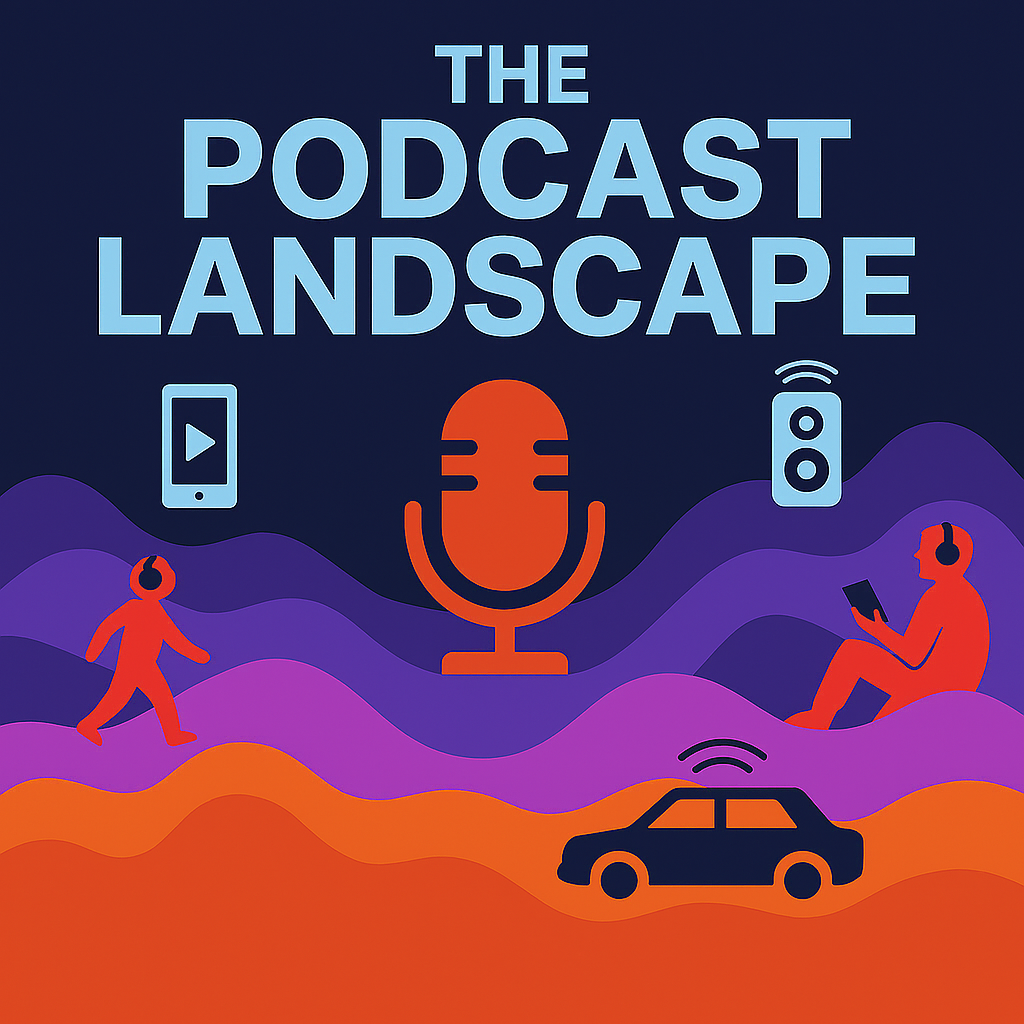Hello hello from the polar science outpost that is Brooklyn, this week’s issue is typed while looking out my hotel window at the Wythe as it bustles with On Air Fest activity. Before I head out to another presentation we’ll likely cover next week, let’s look at this week’s news!
The Sounds Profitable Educational Series continues with a look at the News Podcast audience, in a live webinar featuring Tom Webster and Lamar Johnson, VP of Sponsorship Marketing at NPR’s sponsorship subsidiary National Public Media. This free event will be held on Wednesday, February 26th, at 2PM Eastern – register here today!
Examining Podcasting by Zip Codes
This Thursday from Tom Webster at Sounds Profitable, using zip code data provided by the over 5,000 respondents to The Podcast Landscape, Webster provides a graph of podcast genre popularity by region in the U.S. (the regions being West, South, Midwest, and Northeast). Comedy consistently scored well in the low to mid 30% range. Religious content scores highest in the South, along with healthy numbers for self-help content. Science remains relatively niche across the board. Gaming is slightly more popular in the West than Northeast. A quote from Webster:
“Or maybe – just maybe – we’re all just listening to what we like, regional stereotypes be damned. After all, nothing says “American” quite like having 57 different podcast options and still spending 20 minutes scrolling through them all before picking the same true crime show you always listen to.”
Branded Podcast Performance and Measuring That Performance
This Wednesday from Paul Rissmandel at Signal Hill Insights, the company has published their second annual Benchmark Report for branded podcasts. Key findings include the “halo effect” brands receive for creating the branded podcast content. 61% of surveyed branded podcast listeners said the episode they had just listened to made them feel somewhat or more favorable toward the brand. 75% agree it kept their attention the entire time. Riismandel also breaks down the need for context when measuring podcast efficacy. A quote from the article:
“To illustrate, let’s take a metric like brand awareness. When a large, ubiquitous brand like Coke runs a podcast ad campaign, we can’t expect it to have much impact on awareness of the brand, because nearly everyone who hears the ad already knows it well. A new or emerging brand, however, can reap significant gains in boosting an upper funnel measure like awareness.
Trying to compare Coke’s awareness lift scores to benchmarks that are strongly influenced by emerging brands is just not fair. A Coke campaign isn’t a failure if it can’t meet such a benchmark. A more meaningful benchmark in that case might be brand favorability. Context is everything.”
To that note: are you attending SXSW? We’ve created an incredibly short form so we can know who’s coming along. We’d love to see you there.
On Wondery and SiriusXM Opting Out of Rankers
This Wednesday from Podcast News Daily, a look at the recent opt-out from both Podtrac and Triton Digital podcast rankers by Wondery and SiriusXM Media podcasts. A Wondery rep told PodcastNewsDaily the decision was motivated by a ranker that only represents RSS-based downloads not representing their total audience.
A representative from SiriusXM offered a similar explanation. Podcasts have grown on non-RSS platforms to the point their audience can’t be properly tracked with just RSS that does not know about traffic on video, social media, FAST (free ad-supported TV) channels, and streaming platform versions of their podcasts. A quote from True Native Media CEO Heather Osgood:
““I don’t believe opting out of these rankers negatively impacts ad buying. Advertisers are increasingly prioritizing audience engagement, looking at ratings and reviews to gauge a show’s ability to cultivate an active and loyal listener base — one that’s engaged enough to spread the word.”
As the creator economy evolves, so does the measure by which advertisers decide how engaged podcast audiences are and worth investing in.
Journalist Podcast Changes Education in 25 States
This Wednesday from Rick Hess at EdWeek, an op-ed interviewing Emily Hanford, creator of the investigative journalism podcast Sold a Story. Hanford, an American Public Media correspondent, spent several years researching the widespread problem of a debunked strategy for teaching children to read still being printed in new books being sold to schools who required it in their curriculum.
Hanford discusses the multi-year process of reporting the story, turning it into a podcast, and podcasting’s ability allowing her team to move from the initial format of single stories per episode to a more serialized season-long story.
As a result of Sold a Story gaining attention, the show claims 25 states have revised their curriculum to focus more diverse strategies for teaching reading. An example of what investigative journalism in podcasting can achieve with the right support.
Quick Hits
Finally, it’s time for our Quick Hits. These are articles that didn’t quite make the cut for today’s episode, but are still worth including in your weekend reading. This week:
- ARN’s iHeart is celebrating its 5th birthday with major partnership extensions including BBC Radio and Exactly Right Media
- Linkfire has published their Q4 interrim financial report, including a 7% growth in revenue and 182% improved earnings.
- Realm has expanded their partnership with Adelicious to become the exclusive US sales partner for Adelicious’ podcast slate.
- SiriusXM Looks to YouTube (and Spotify) to Help Grow Podcast Subscribers PodNews shared a first look at SiriusXM+’s new expansion to Spotify, YouTube Music, and other podcast apps via SupportingCast
- IGN Entertainment has launched the podcast network Geek Media, with representation by Realm














































































































































































































